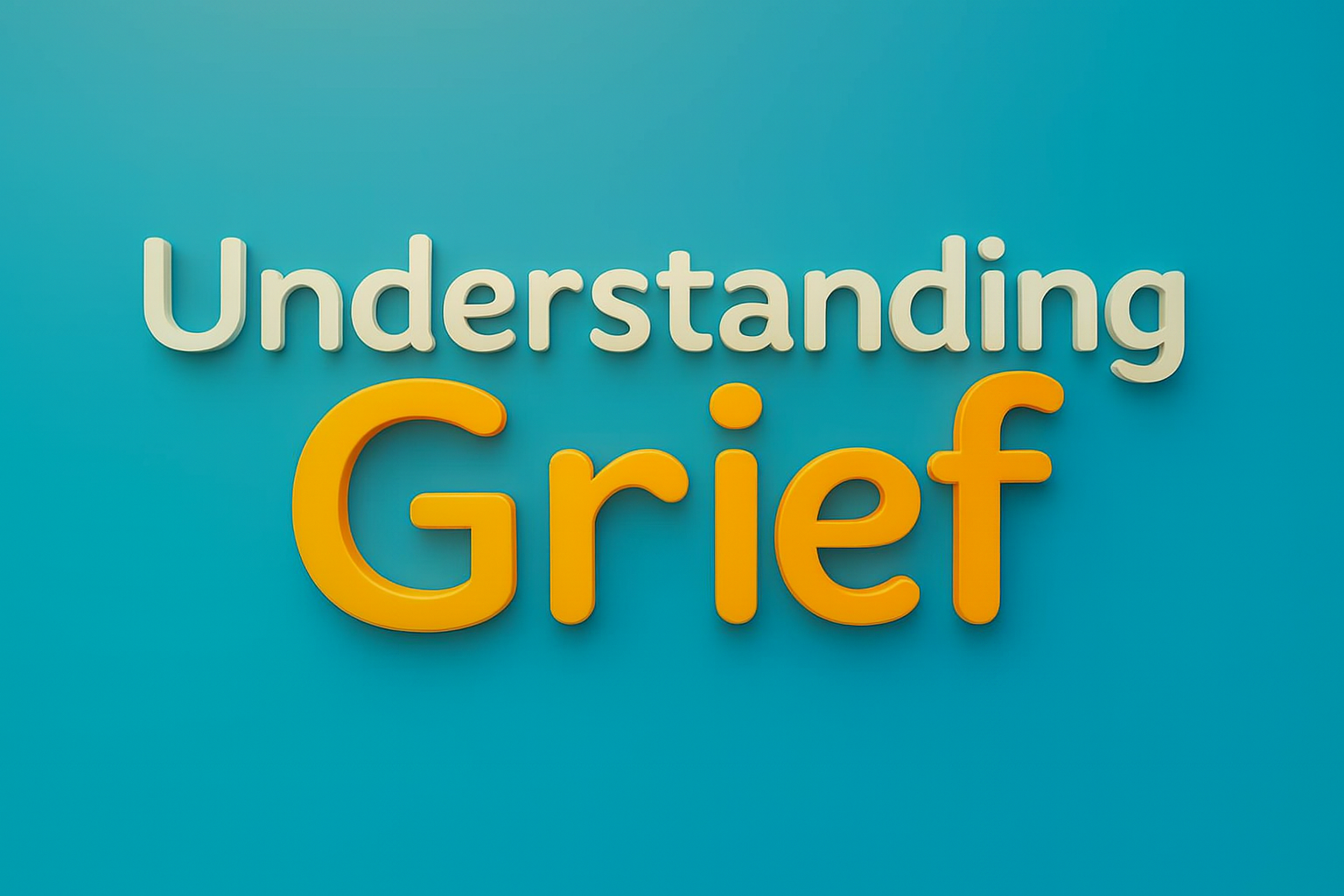Understanding Grief
Grief is a profound and complex emotional response to loss, particularly the loss of someone or something deeply cherished.
It is a universal experience that touches every human being at some point in their lives, yet it manifests uniquely in each individual. Understanding grief in its many dimensions can help those who are grieving feel less isolated and more supported, while also guiding friends, family, and professionals in offering compassionate care.
What Is Grief?
Grief encompasses a wide range of emotional, physical, cognitive, and behavioural reactions to loss. While most commonly associated with the death of a loved one, grief can also arise from other significant losses such as the end of a relationship, loss of health, job, or a cherished dream.
Grief is not a linear process but rather a fluctuating experience that can ebb and flow unpredictably. It involves mourning the absence and the changes that loss brings to one’s life.
Emotional Aspects of Grief
The emotional landscape of grief is vast and varied. Common feelings include:
-
Sadness and sorrow: Deep feelings of pain and longing for what has been lost.
-
Anger: Frustration or resentment about the loss or circumstances surrounding it.
-
Guilt: Regret over things said or unsaid, or actions taken or not taken.
-
Anxiety and fear: Worries about the future without the loved one or about one’s own mortality.
-
Relief: Sometimes grief includes relief, especially if the loss followed prolonged suffering.
-
Numbness or disbelief: Difficulty accepting the reality of the loss.
These emotions can be intense and overwhelming, often occurring in waves.
Physical and Cognitive Effects
Grief can also affect the body and mind in profound ways:
-
Fatigue and exhaustion: Grieving individuals often feel physically drained.
-
Sleep disturbances: Insomnia or excessive sleeping are common.
-
Appetite changes: Loss of appetite or overeating may occur.
-
Difficulty concentrating: Grief can impair memory and focus.
-
Physical symptoms: Headaches, stomachaches, or other unexplained pains.
Understanding these symptoms as part of the grieving process can help individuals be more compassionate with themselves.
Theories and Models of Grief
Several models have been developed to describe how people experience grief, including:
-
The Five Stages of Grief (Kübler-Ross): Denial, anger, bargaining, depression, and acceptance. These stages are not experienced by everyone nor in a fixed order.
-
The Dual Process Model: Suggests that grieving individuals oscillate between confronting the loss and avoiding it by focusing on restorative activities.
-
Continuing Bonds: Emphasizes maintaining an ongoing internal relationship with the deceased as part of healthy grieving.
These models provide frameworks but should not be seen as rigid rules.
Cultural and Individual Differences
Grief is deeply influenced by cultural, religious, and personal beliefs. Rituals, mourning periods, and expressions of grief vary widely across cultures. Individual personality, past experiences, and support systems also shape how grief is experienced and expressed.
Supporting Someone Who Is Grieving
Offering support to someone who is grieving involves:
-
Listening without judgment: Allowing them to express their feelings freely.
-
Being present: Sometimes just being there is enough.
-
Avoiding clichés: Phrases like "time heals all wounds" can feel dismissive.
-
Encouraging professional help: When grief becomes overwhelming or prolonged.
When Grief Becomes Complicated
While grief is a natural process, some individuals may experience complicated grief, where intense symptoms persist and interfere with daily functioning. Signs include prolonged denial, inability to accept the loss, or severe depression. Professional support from therapists or counsellors specialising in grief can be crucial.
Healing and Growth
Though grief is painful, many find that over time it leads to personal growth, deeper appreciation of life, and strengthened relationships. Healing does not mean forgetting but learning to live with the loss.









